In its latest analysis, the think tank puts Viktor Orban's speech at the 23rd Kotcse picnic in an international context. Even in the changed European political space, the contest of conflicting visions for the future is at stake in the period ahead. The formation and functioning of the Patriots group is a watershed in this respect," the institute writes.
The conflict between European visions is at stake in the new era
European integration has followed a federalist playbook for decades. Instead of being a community of equal rights, economic stability and peace, the European Union has become an institution that sanctions its member states on ideological grounds, serves external interests and seeks to extend its own powers to the extremes. The federalist vision is based on 'good Europeans' who surrender their own interests, say 'yes' to anything, allow decisions to be made for them and swallow being bypassed on the grounds of the 'unity' of the Union. This vision is also dependent on those condoning and tolerating without objection the often unlawful functioning of the EU institutions and the forced extension of their powers, as well as on those who accept that the European Union is an imperial elite project where citizens must be kept as far away as possible from the decision making process.
But in the June European elections, voters were given the opportunity to express their opinions on the EU decisions made over their heads. In twenty out of the EU's twenty-seven member states, sovereignist or right-wing parties won, campaigning explicitly on the promise of change. According to the expressed will of voters, the time of the unilateral European approach dominating until now is over. The people of Europe want more honest debate and impartial reconciliation of interests in the European Union, because the unparalleled and only way for sovereign nation states to cooperate voluntarily and in a complex manner is to align their interests and positions.
Decades ago, EU integration was about consensus-building, and this is the approach we need to return to.
Europe's challenges: war, migration and competitiveness
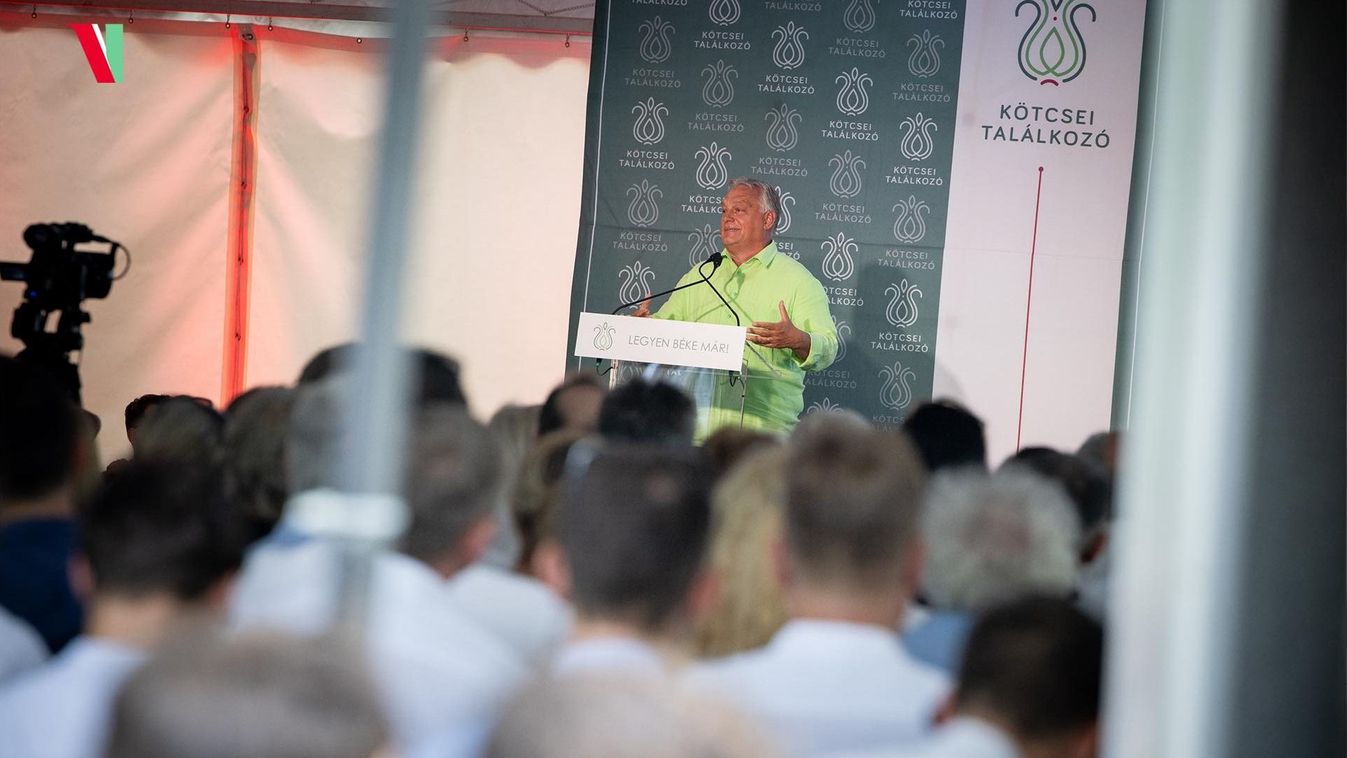





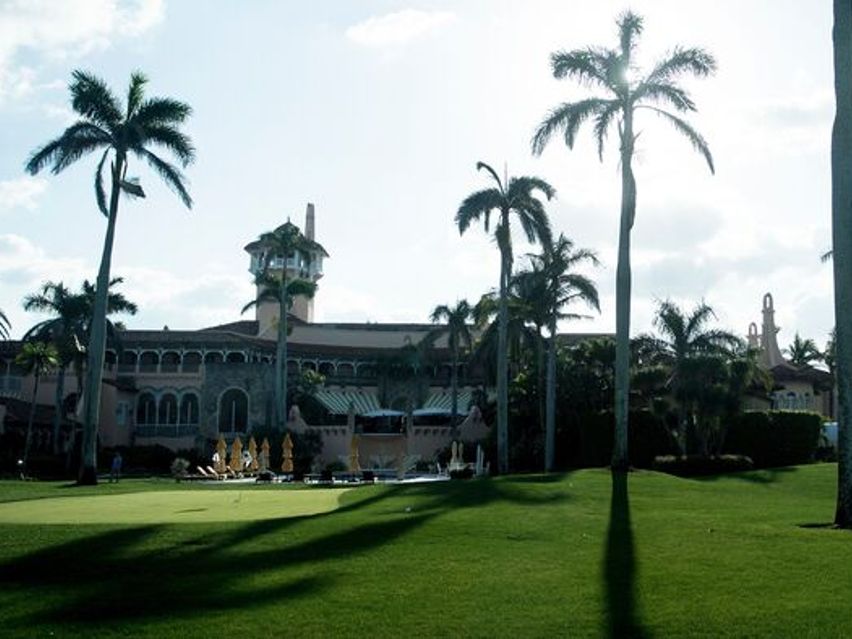
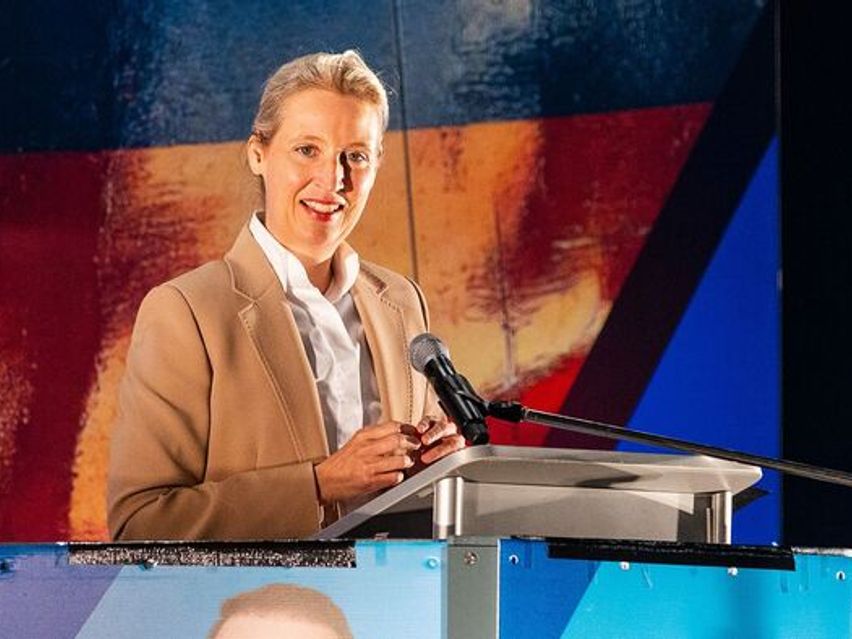

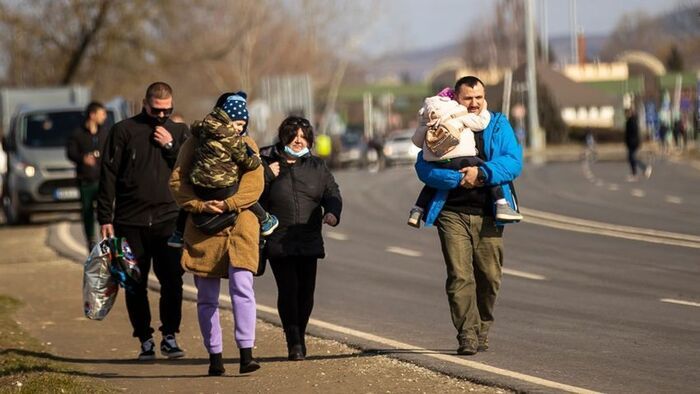


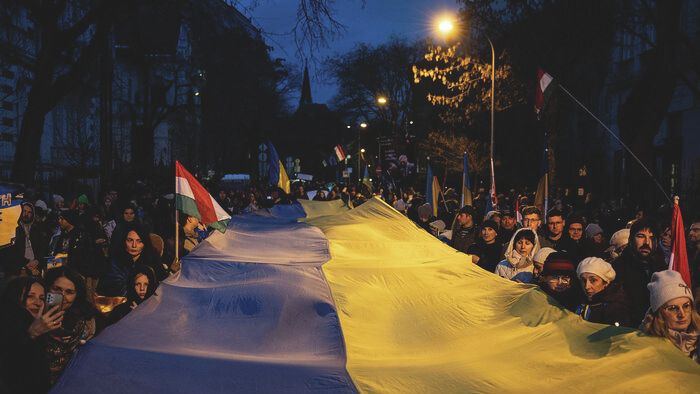
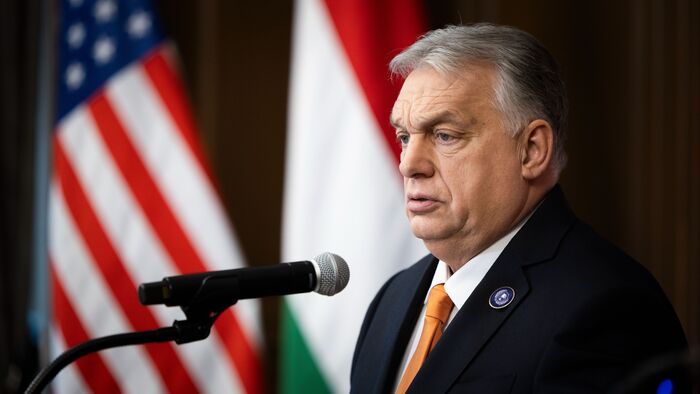
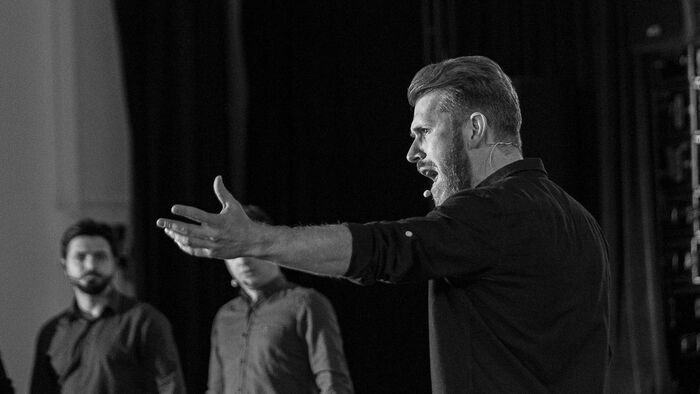
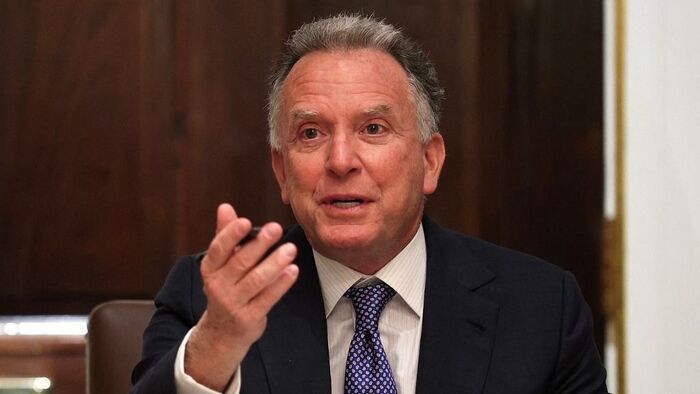
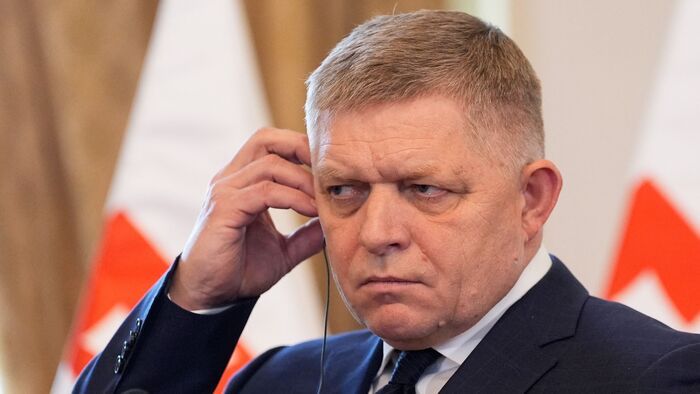
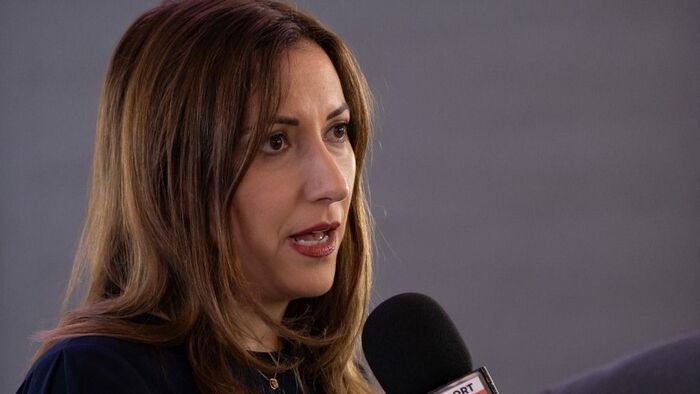


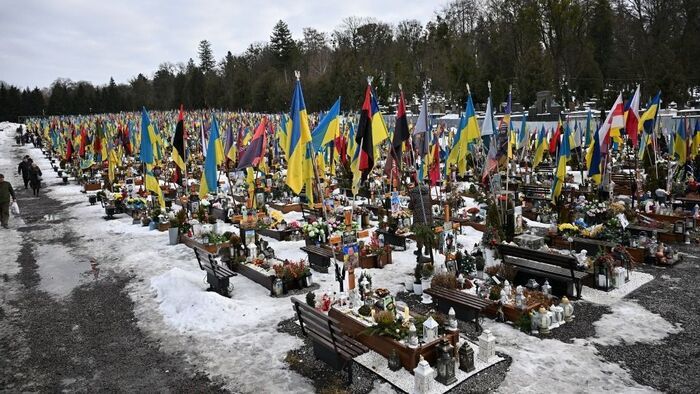
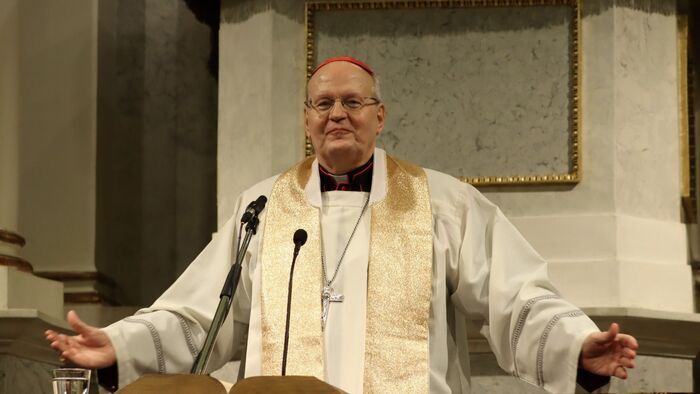

Szóljon hozzá!
Jelenleg csak a hozzászólások egy kis részét látja. Hozzászóláshoz és a további kommentek megtekintéséhez lépjen be, vagy regisztráljon!